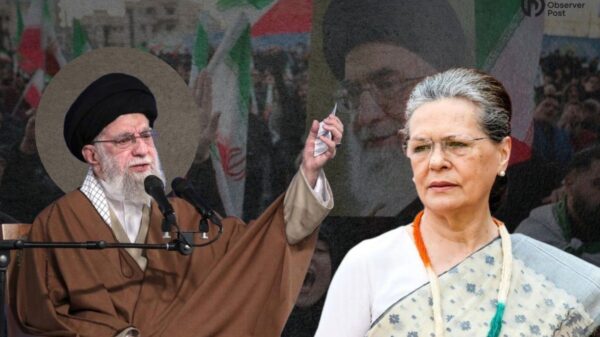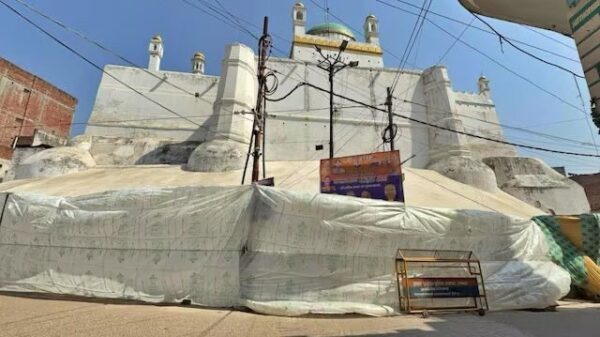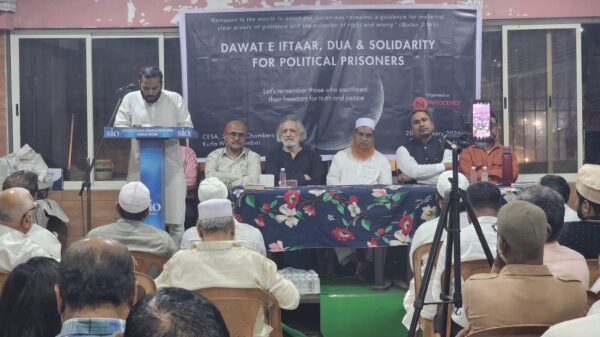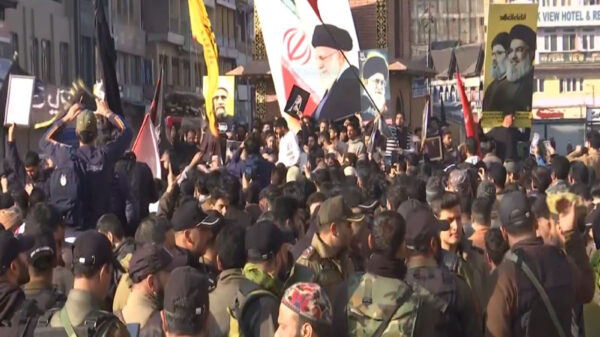Following the April 22 Pahalgam massacre, the Doda administration imposed a two-month ban on the use of Virtual Private Networks (VPNs) starting May 2. The ban, enforced under Section 163 of the Bharatiya Nagarik Suraksha Sanhita (BNSS), 2023, is aimed at addressing what officials have called a “serious threat to public order, tranquility, and national security.”
The ban applies to all individuals, institutions, internet service providers, and cyber cafes operating in the district.
On May 16, Doda District Police confirmed the detention of “several individuals” for allegedly violating the order. “These individuals were using VPNs to bypass internet restrictions,” the police said in a statement, adding that they were being questioned and further legal action was under consideration.
Although the exact number of those detained has not been disclosed, sources suggest the arrests were made based on technical surveillance.
Legal experts have raised serious concerns about the ban. Senior Supreme Court advocate Nitya Ramakrishnan described the use of Section 163 as “unconstitutional by its very terms,” arguing that it grants the executive unchecked powers. “Today’s rhetoric that anything is alright in the name of security is pernicious,” she said. “It is tantamount to saying any security agency is king. To make the violation worse, the supposed offenders have also been denuded of their liberty.”
Kashmir-based lawyer Habeel Iqbal noted that using a VPN is not a crime under Indian law. “The Ministry of Electronics and Information Technology’s 2022 guidelines do not prohibit VPN usage,” he explained. “VPN providers are only required to store user data for five years. There is no legal provision to arrest users.”
Critics warn that invoking Section 163—a provision many compare to colonial-era policing powers—could set a troubling precedent. They argue such measures may further erode digital privacy and individual freedoms in India.
































































